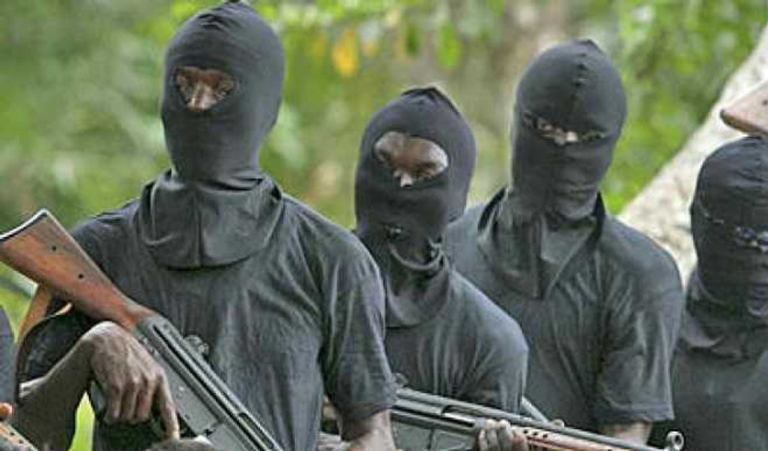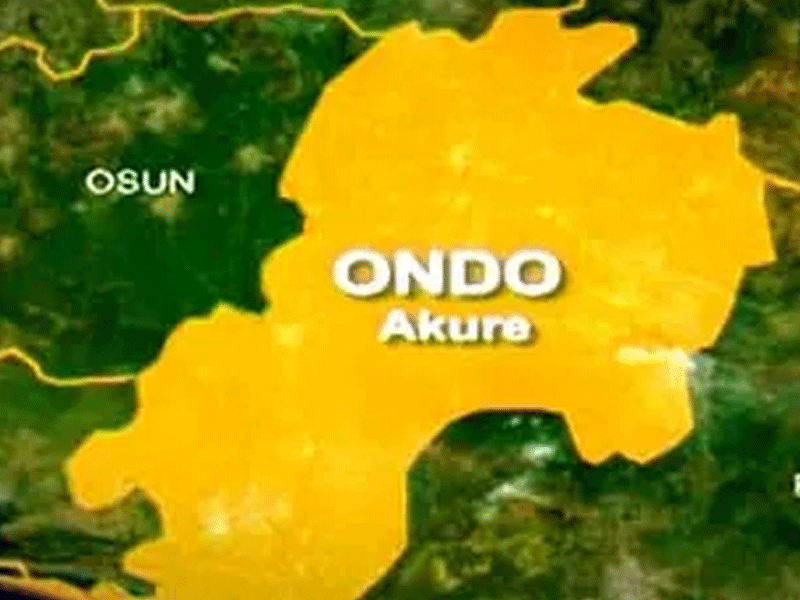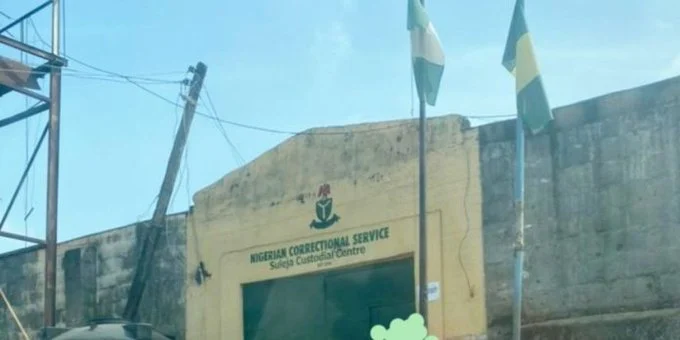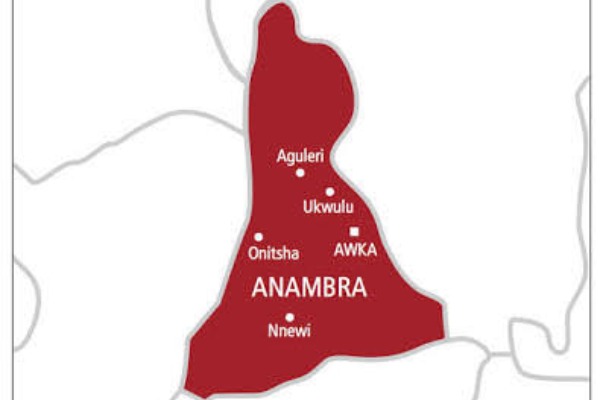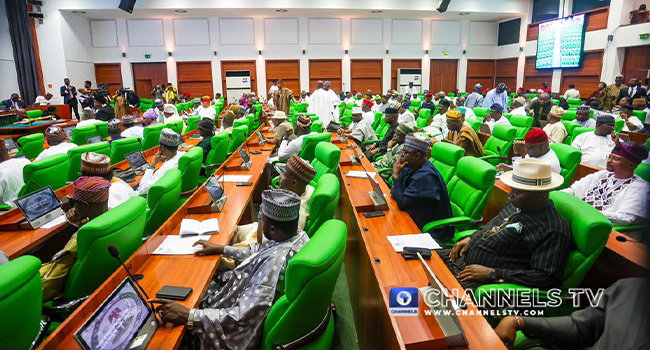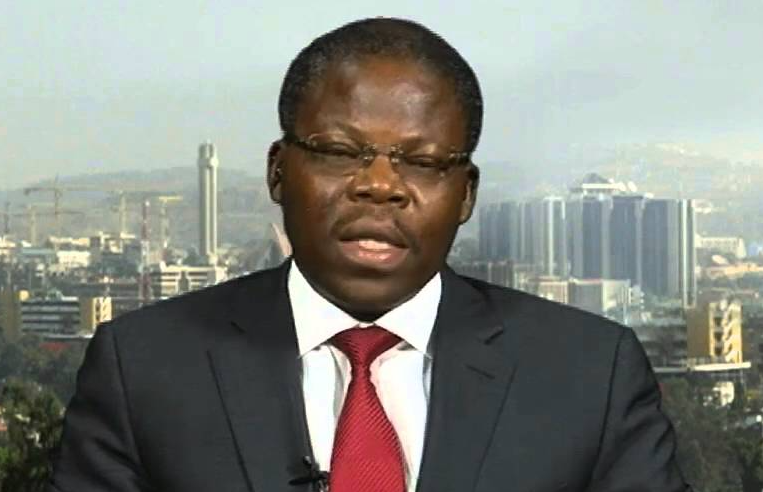SERAP demands a new minimum wage bill that guarantees a living wage The organisation cites international human rights treaties as justification It criticises the current proposed minimum wage as inadequate SERAP suggests cutting governance costs and recovering missing funds to fund a fair wage They threaten legal action if the bill fails to meet international standards By John Ogunsemore The Socio-Economic Rights and Accountability Project (SERAP) has urged President Bola Tinubu to ensure that his government’s proposed bill on a new minimum wage for Nigerian workers is entirely consistent and compatible with Nigeria’s international obligations to promote and advance the right of workers to an adequate living wage. In his Democracy Day Speech on 12 June, the president stated, “We shall soon send an executive bill to the National Assembly to enshrine the new minimum wage as part of our law for the next five years or less.” In a letter dated 15 June and signed by its Deputy Director, Kolawole Oluwadare, SERAP said the reportedly proposed level of the minimum wage in the executive bill is grossly inadequate and falls short of the requirements of international human rights treaties to which Nigeria is a state party. SERAP said, “The executive bill should reflect the international standards that Nigerian workers should be provided, at a minimum, with a living wage, in accordance with the cost of living.” According to SERAP, “As you and your government know, Nigerian workers face many human rights challenges. Most of the people living in poverty work, yet they do not earn a wage sufficient to afford an adequate standard of living for themselves and their families.” Read also: Rev. Fr. Ejike Mbaka: Let minimum wage be for all The letter read in part: “Any proposed minimum wage that fails to guarantee a life in dignity for Nigerian workers and their families would be entirely inconsistent and incompatible with international standards. “Successive governments have persistently and systematically violated these guarantees. Millions of Nigerian workers remain poor due mainly to low wages and a lack of social security and social protection. “If your government sends to the National Assembly any bill which fails to meet the requirements of international standards, and the bill is then passed into law, SERAP shall take all appropriate legal actions to compel your government to comply with our request in the public interest. “The proposed recommendations are not unrealistic, as they are based on Nigeria’s international human rights obligations. Human rights are not a matter of charity. “Upholding Nigeria’s international obligations regarding the right of workers to an adequate living wage would protect the purchasing power of workers in poverty. “The preparation of the executive bill provides you and your government with an important opportunity to respect, protect, promote and advance the rights of Nigerian workers to an adequate living wage and fair remuneration. “We urge you to take concrete steps to defend the rights of Nigerian workers to an adequate living wage. “This would ensure that the proposed executive bill protects not only against absolute poverty but also against relative poverty, as a source of social exclusion. “Your government has legal obligations to reflect these guarantees in any executive bill on the new minimum wage to be sent to the National Assembly. “The International Covenant on Economic, Social and Cultural Rights imposes clear legal obligations on your government to ensure and uphold the right of Nigerian workers to an adequate living wage that would ensure a decent standard of living for the workers and their families. “We urge you to put the country’s resources at the service of human rights, and to advance Nigerian workers’ right to an adequate living wage by immediately cutting the cost of governance and implementing bold transparency and accountability measures in ministries, departments and agencies (MDAs). “We urge you and your government to urgently propose cuts in the huge budgetary allocations to fund security votes, jumbo salaries and allowances paid to members of the National Assembly, and unlawful life pensions to former governors and their deputies. “We also urge you and your government to immediately and fully recover missing public funds from MDAs, as documented in the several reports published by the Auditor-General of the Federation. “These would enable you and your government to effectively comply with Nigeria’s international legal obligations regarding workers’ right to an adequate living wage. “Article 27 of the Vienna Convention on the Law of Treaties of 1969, to which Nigeria is a state party, provides that ‘[a] party may not invoke the provisions of its internal [law] as justification for its failure to perform a treaty.’ “The minimum wage setting must take into consideration the relative living standards of other social groups and economic factors, including the requirements of economic development. “This means that the level of wages to be proposed in the executive bill takes into account the current cost of living in the country, to ensure that it is sufficient to enable the worker and his or her family to enjoy other rights, such as healthcare, education, and an adequate standard of living. “SERAP urges you to ensure that the proposed executive bill sets the minimum wage at a level that corresponds to the ‘living wage’, allowing Nigerian workers and their families to achieve an adequate standard of living. “We would therefore be grateful if the recommended measures are reflected in the proposed executive bill. “According to our information, you stated in your Democracy Day Speech on 12 June 2024 that your government is finalising an executive bill on the new minimum wage, which is set to be sent to the National Assembly. “Under Article 23 of the Universal Declaration of Human Rights and Article 7(a) of the International Covenant on Economic, Social and Cultural Rights, all Nigerian workers have the right to remuneration that provides them, as a minimum, with fair wages and a decent living for themselves and their families. “In the preamble of its Constitution, the ILO calls for ‘an adequate living wage’, and

